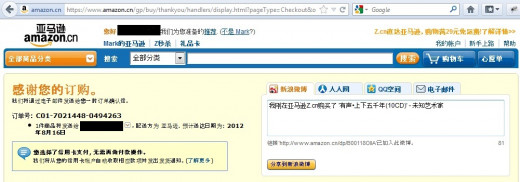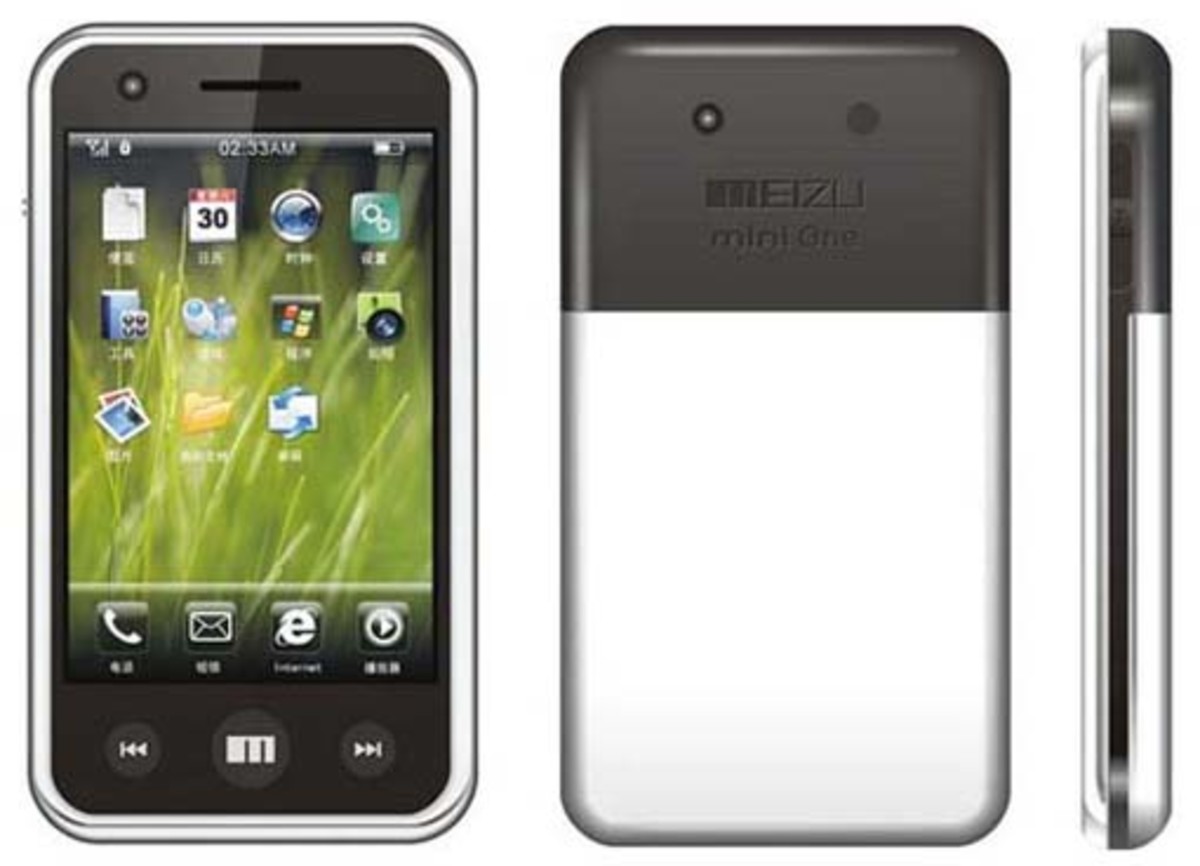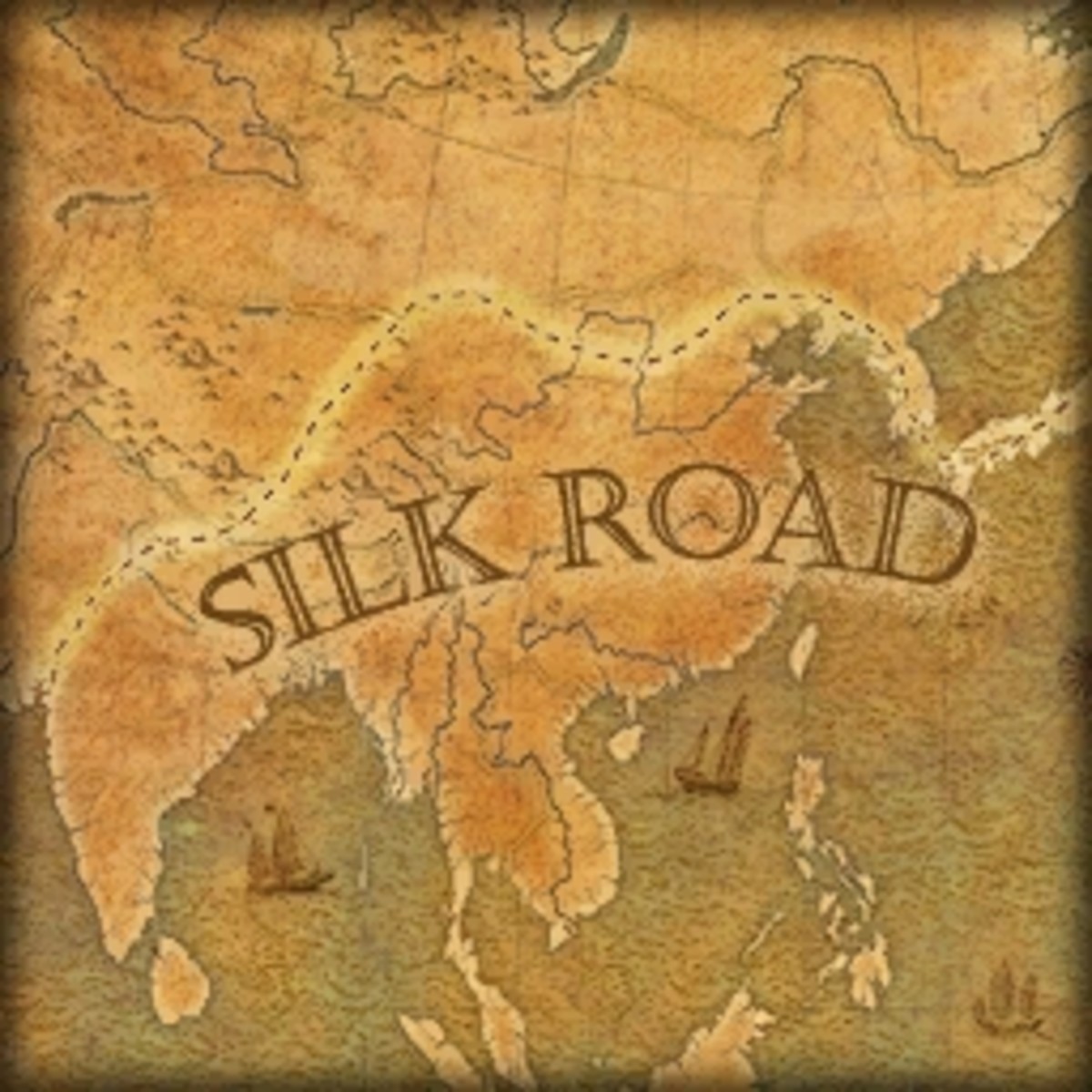What is the Internet like in China?
Screen shot of baidu (a popular search engine in China)

Amazon.cn

description of the Internet in China
The Internet in China is connected to the same Internet that we use, but there are differences in what sites are available, and what applications are most popular to use. You may have heard of "the Great Firewall", which refers to the fact that some sites are blocked in China for policy reasons. It might surprise you to know that there are also some popular Chinese sites that will refuse you service, if you connect to them from a U.S. IP address. Usually, this is because the U.S. more strictly enforces intelectual property rights, and the blockage is self-enforced. Regardless, what is available on the Internet is somewhat different in both the U.S. and China.
Some popular U.S. sites have Chinese language versions. This is true of Google, and EBay has a Hong Kong based site. Facebook and Twitter are popular in Taiwan. However, in many cases, there are home-grown applications that mimic the functions Web applications that are popular in the US. renren.com and kaixinwang.com are similar to Facebook. Baidu is similar to Google. Weibo is perhaps the dominant Twitter equivalent. Taobao is the analog of EBay. There doesn't seem to be a direct U.S. analog to Alibaba, a site for wholesale suppiers to advertise their wares.
Instant messaging in China is dominated by MSN and QQ. Some other services are available, but they are just not popular. Facebook, Twitter and Wikipedia are all blocked, though.
In some cases, even though a U.S. based service is not blocked in China, it is not practical to use. This is true of EBay. A businesses can move money in and out of Paypal, but it is expensive and inconvenient for an individual to do so. So, even if a Chinese person bought or sold something on EBay, they would have difficulty completing the transaction.
I was able to purchase something on the Chinese version of Amazon. I had to create a separate account from my U.S. Amazon account to do so, but they will ship to the U.S. and accept U.S. domiciled credit cards. Taobao is the dominant Internet shopping site in China though. I'm not sure, if things purchased on Taobao can be shipped to the U.S., though. I suspect, not.
I have to mention that all of my Chinese acquaintances are college educated, which makes them elite, in a way. Only a fraction of Chinese do well enough in school to go to high school after middle school, and only a fraction of those go on to college. My acquaintances are all technically savvy and can afford a computer.
A description of the Chinese Internet experience would not be complete without mentioning "wang ba", to call them Internet cafes wouldn't quite convey what they are. Many people rent time on computers in order to access the Internet. These "net bars" consist of rows and rows of computers. They are noisy, smoky and dimly lit places. The USB ports of the computers are welded shut. So, you have to save all your data on the net. There are vending machines to dispense snacks and beverages, or just a display case, and you pay the person at the desk. Sometimes, you can pay a little extra for a booth. Booths are just a bench seat in front of a desk and a computer, with a flimsy curtain that can be drawn across the entrance. It is quite popular to play on-line games at net bars, and most the people in them are young people, doing just that. A net bar is the only way many Chinese can afford to access the Internet.
In a way, the western Internet is more accessible to Chinese people, than the Chinese Internet is to westerners. Educated Chinese have all had several years of English in school. Conversely, relatively few westerners can read Chinese, and the quality of Google Translate is still pretty poor for Chinese. There are ways to access blocked sites, through Web proxies, or at the office, if a Chinese person works at an international company.
There are some uniquely Chinese phenomena on the Internet. "fu rong jie jie" comes to mind. She became famous for appearing in some videos where she performed some odd little dances. Her main sins seem to be that she has an exhaggerated opinion of her talent, and seems to be a rather self-adsorbed person. She is very well known and popular to ridicule. I think a similar person in the west wouldn't get much notice.
Despite all of these differences, a Chinese person's experience of the Internet is pretty similar to yours and mine. They can chat with their friends, buy and sell things, post blogs etc. The fact that the services used to perform these tasks are not connected to the ones we use is usually not that important due to language differences. The phrase, "separate, but almost equal" comes to mind.
links to Web sites mentioned in this hub
- kaixinwang.com - happy net
Another Facebook-like site - everybody
A site that is similar to Facebook - Youku
A youtube-like site - an auction site
Similar to EBay. - weibo - a twitter like service
Sina is a major Chinese telecommunications company. - baidu
A search engine








